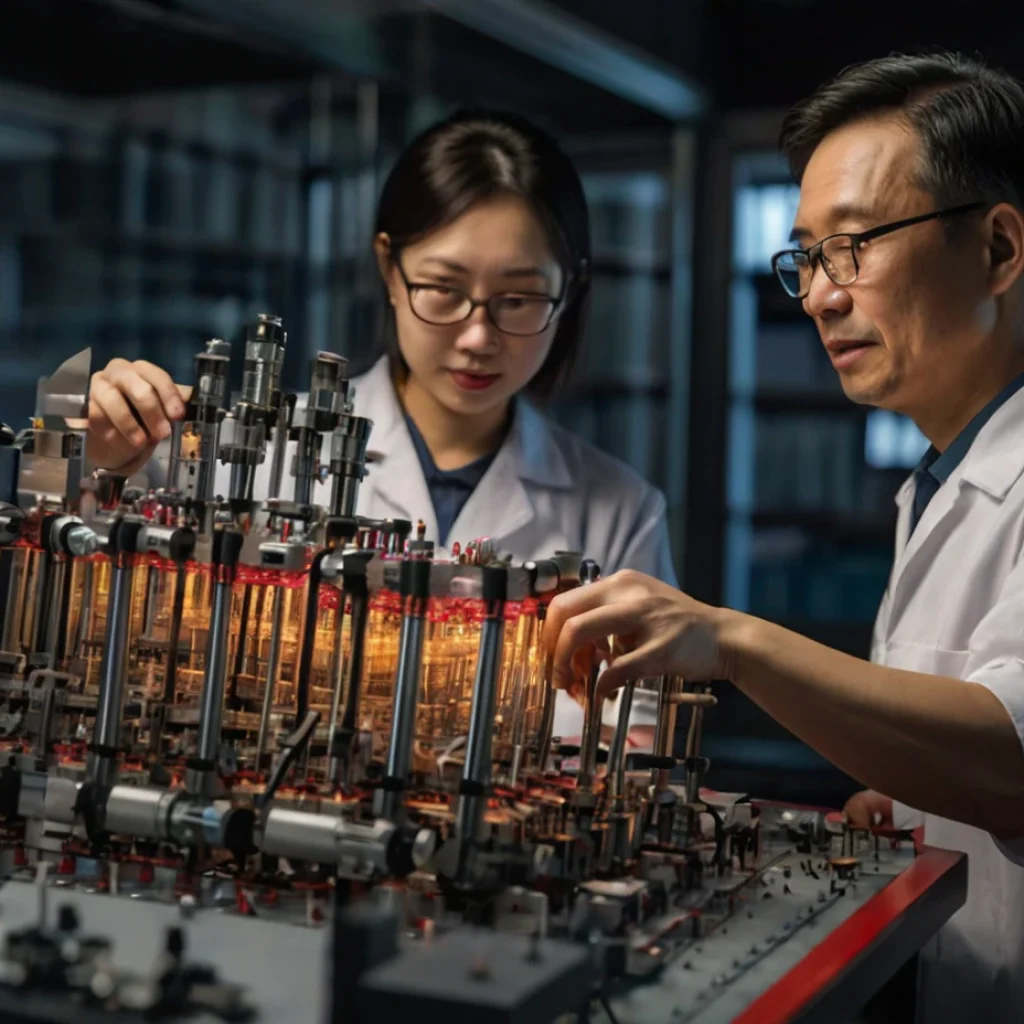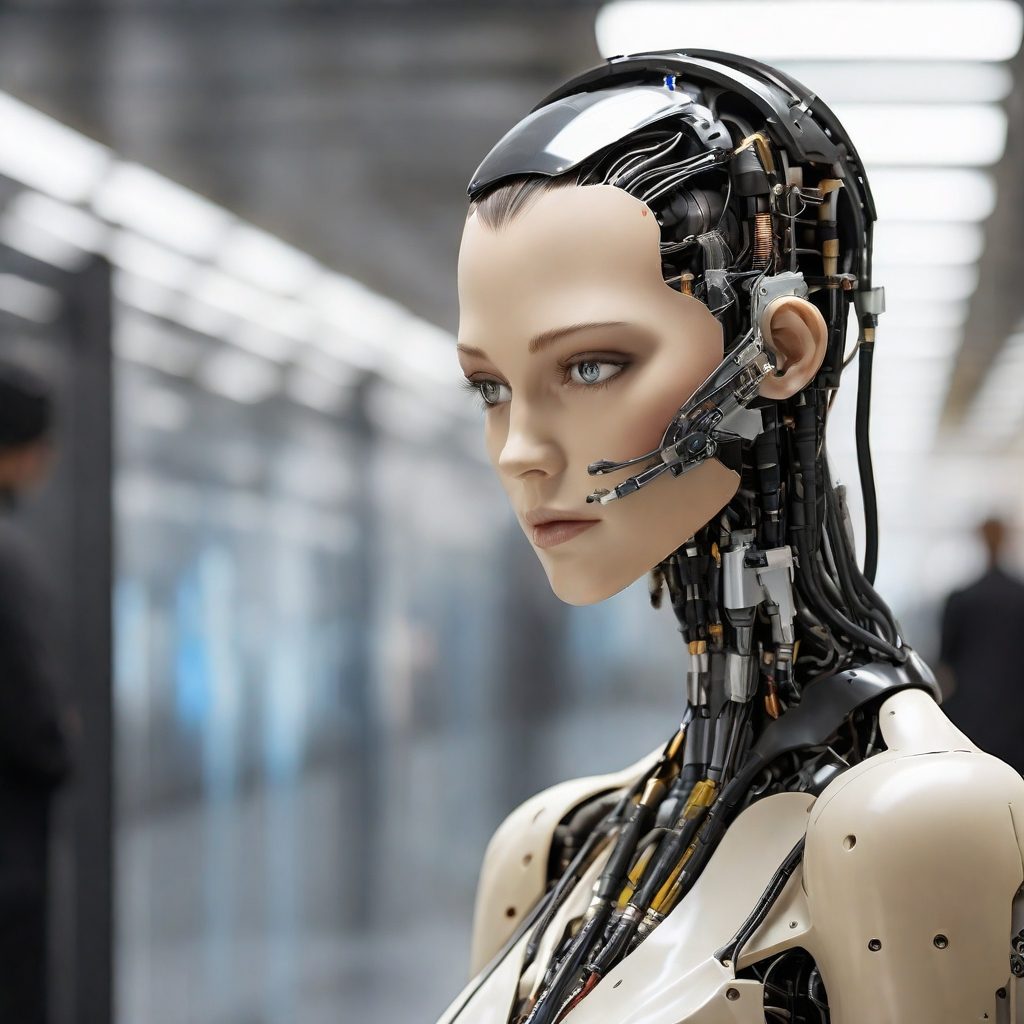The rise of artificial intelligence (AI) has prompted discussions and concerns about its potential to replace jobs, including those of coders and software developers. However, a closer examination reveals that AI is not here to replace programmers but to empower them.
AI’s integration into software development: A current reality
Contrary to the notion that AI replacing software developers is a distant future scenario, AI’s integration into software development is already happening. Government agencies and private organizations are increasingly leveraging AI to streamline processes and enhance productivity.
Coding with a new catalyst: Generative AI
One of the key drivers of AI’s impact on software development is Generative AI. This technology is redefining the workplace by significantly enhancing worker capabilities through automation. McKinsey’s report highlights that generative AI has the potential to automate tasks that currently consume a substantial portion of an employee’s time, ranging from data analysis to repetitive coding tasks.
Tools like GitHub Copilot are making development smoother by offering AI-driven code suggestions and enhancements. Additionally, AI platforms like OpenAI’s ChatGPT and Google Bard are revolutionizing technical documentation and accelerating product launches by providing automated content generation.
A recent example of AI’s prowess in the coding domain is Google’s AlphaCode 2, powered by its new Gemini generative AI model. AlphaCode 2, fine-tuned on coding contest data, outperformed a significant percentage of competitors in programming contests. This demonstrates AI’s potential to enhance coding proficiency.
A collaborative future: Programmers and AI
Eli Collins, VP of product at DeepMind, envisions a collaborative future where programmers work alongside highly capable AI models. These AI models serve as collaborative tools that assist throughout the software development process, from problem-solving to implementation. This partnership between programmers and AI promises increased efficiency and innovation in software development.
AI’s impact on engineers’ roles and responsibilities
The integration of AI into software development is transforming the roles and responsibilities of engineers:
1. Transition to strategic roles: AI automates routine coding tasks, enabling software engineers to shift their focus to more strategic roles. They become architects and problem solvers, leveraging AI to enhance productivity and creativity.
2. Improvement in software quality: AI aids in automating code reviews and detecting errors, contributing to the development of higher-quality, more reliable software. This reduces the likelihood of bugs and vulnerabilities in the final product.
3. Innovation: With AI handling mundane tasks, software engineers have more time to innovate. This allows them to explore emerging technologies and develop groundbreaking solutions, pushing the boundaries of what’s possible in software development.
4. Cross-disciplinary synergy: The use of AI in software engineering fosters collaboration between engineers and AI specialists. This cross-disciplinary approach leads to a fusion of ideas, enhancing solutions’ overall innovation and effectiveness.
Balancing AI integration with traditional programming skills
Despite AI’s rise, traditional programming skills remain essential. Languages like Java, JavaScript, and Python continue to be pillars of enterprise application development, machine learning, and scientific research. These programming languages are fundamental and underpin the AI-driven advancements in various fields.
Moreover, AI tools are not without limitations. Their effectiveness is closely tied to the quality of the data they are trained on. AI may struggle with tasks requiring high-level critical thinking or creativity. This highlights the importance of human oversight and intervention to ensure AI-enhanced productivity aligns with the intended goals.
Dr. Pablo Rivas, an Assistant Professor of Computer Science at Baylor University, paints an optimistic picture of AI’s future integration into various sectors, from healthcare to transportation. This integration aims to make daily routines more efficient and open up new opportunities for software engineers.
However, it’s important to note that AI is not poised to replace programmers anytime soon, especially not until artificial general intelligence (AGI) is fully developed, a goal that may still be decades away. Currently, AI tools are powerful but rely on precise prompts and inputs. A slightly incorrect prompt can lead to an output that misses the intended goal, highlighting the need for human guidance and expertise.
AI as an enabler, not a replacement
AI is not an imminent threat to programmers and software developers; instead, it offers opportunities for growth and innovation. The evolution of AI in the industry mirrors previous technological advancements that initially raised concerns but ultimately created new job opportunities and industries. As AI becomes more deeply embedded in various sectors, software engineers will play a crucial role in shaping intelligent systems and enhancing human experiences.





